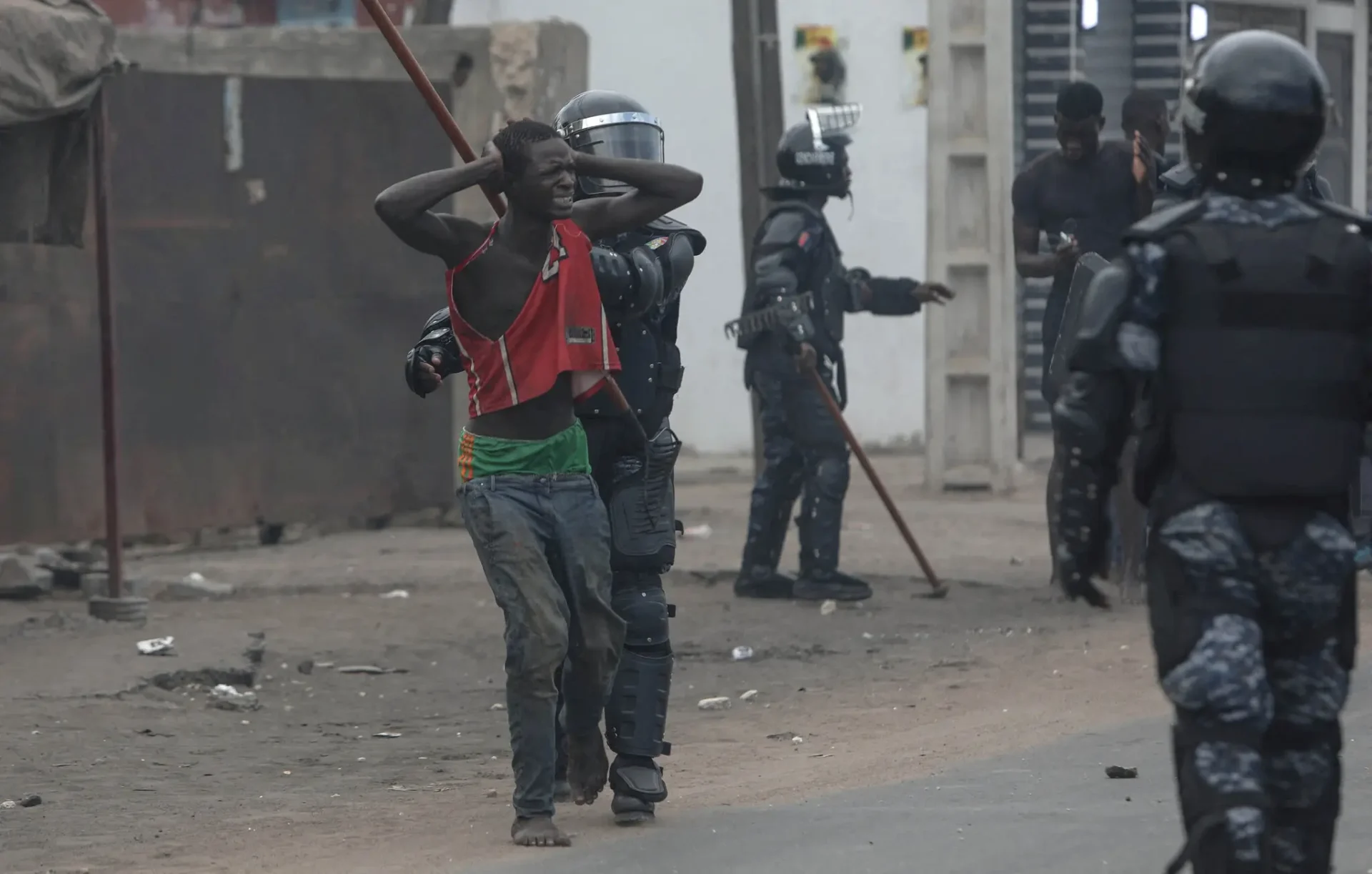In the past three years, the West African sub-region has witnessed a total of six successful coups, raising concerns due to their shared characteristics.
Mali experienced two coups, the first in August 2020 and the second in May 2021. Guinea faced a military takeover in 2021, while Burkina Faso encountered two coups in January and September 2022.
In Mali’s case, President Ibrahim Boubacar Keïta was ousted from power by a military coalition in August. Subsequently, Mali’s former Defense Minister, Bah Ndaw, assumed the presidency of the new transitional government, with Colonel Assimi Goita appointed as vice president. However, they were both removed from power a year later in May by Colonel Assimi Goita.
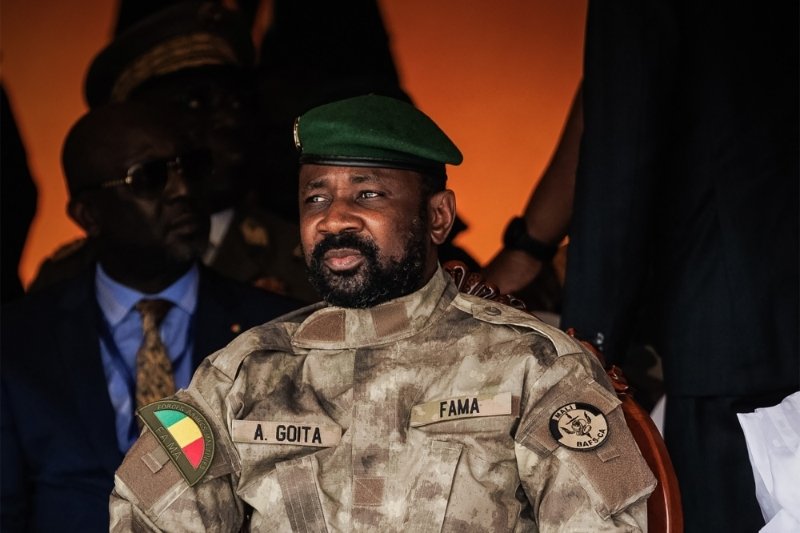
On September 5, 2021, Guinea experienced a coup d’état as the armed forces captured President Alpha Condé, who had extended his stay in power through a constitutional amendment.
In Burkina Faso, President Roch Kabore was ousted from power on January 24, 2022, following a coup led by Colonel Paul-Henri Damiba. However, eight months later, military rule was reestablished, led by Captain Ibrahim Traoré.
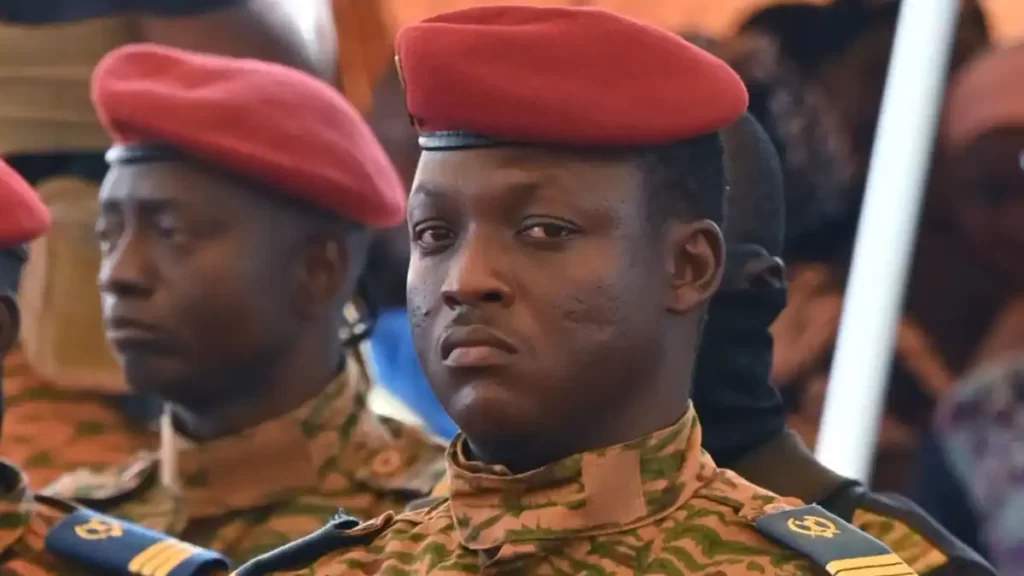
The most recent incident is the military takeover in Niger, where General Abdourahamane Tchiani orchestrated a coup on July 26, 2023, overthrowing President Mohamed Bazoum.
So who is next?
Experts are troubled by the similarities underlying these coups. In many cases, corruption, political instability, and deteriorating security have been the driving factors.
Guinea’s situation stemmed from President Condé’s alteration of the constitution to extend his term beyond the mandated two terms. He secured a controversial third term in an election marred by violence and alleged irregularities in October 2020.
In Burkina Faso, the escalation of a jihadist insurgency contributed to the leadership change, which was also the reason behind Colonel Assimi Goita’s removal from power.
A recurring theme across these incidents is leaders’ failure to safeguard their citizens. This pattern persists in Niger, as President Bazoum’s administration has faced criticism for inadequately addressing the region’s entrenched violent Islamist extremism over the past decade.
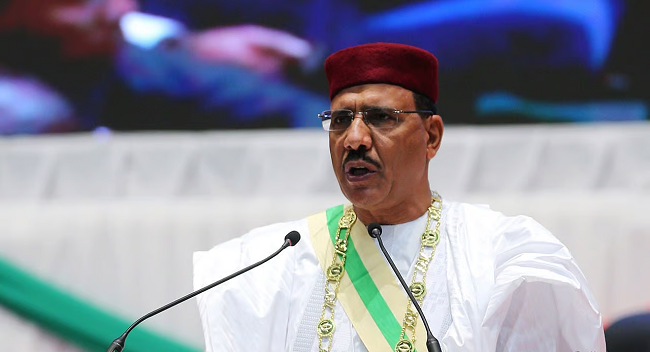
The United Nations Security Council reported that West Africa endured over 1,800 attacks in the first half of 2023, resulting in nearly 4,600 fatalities and grave humanitarian repercussions. Due to these terrorist activities, approximately half a million individuals in the Economic Community of West African States (ECOWAS) are refugees, with nearly 6.2 million internally displaced.
Experts are concerned that this trend of military takeover is far from over.
Engaging JoyNews on the issue of coups in the West African Sub-region on Wednesday, August 2, 2023, security expert Dr Vladimir Antwi-Danso noted that the subject matter of human security has been trivialised by governments.
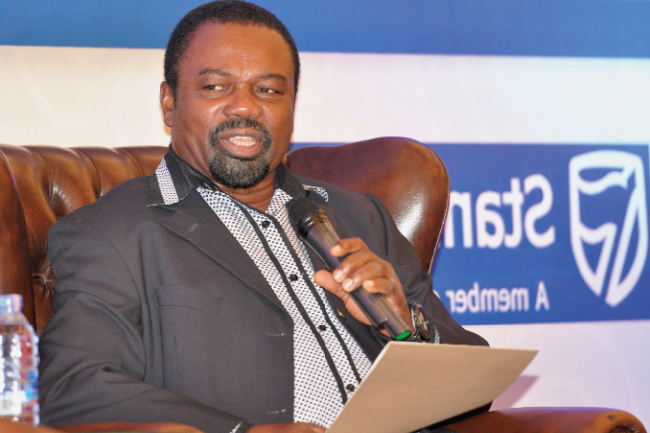
He argued that there has been a misplaced priority as the leaders are more interested in maintaining power and conforming to a democratic structure seeking to please global leaders.
“The point is that we have similar specificities within the West African sub Region. Regime security should have been a thing of the past and human security assures the people of a collective way of moving forward.
“Unfortunately, government upon government of the sub region are thinking about the next election, satisfying global norm that there is democracy – frequent elections, institutions of state etc,” he said.
With the issue of political instability in mind, he made a projection on which country in the sub-region is likely to face the same fate as Niger and the others.
Senegal, Mr Antwi-Danso, is currently prone to a dissolution of democratic governance.
“Look at what is happening in Senegal. What is ECOWAS waiting for before they trigger the Panel of the wise to be able to at least, cool things down. And they have a problem with Casamance already. And then the population, a lot of them, it is about 18-20 percent unemployment rate in Senegal, and yet what is happening is so bad.
And when it goes so bad what happens is what I talk about as Systemic Coup. The military will just see that let us intervene before there is an implosion. So I will not be surprised that in future, you will see something like that in Senegal also,” he explained.
Why Senegal?
Senegal is a West African country that has been widely regarded as a model of democracy and stability in the region. However, in recent months, the country has been rocked by protests and violence over the government’s alleged attempts to stifle the opposition and manipulate the electoral process.
The protests were sparked by the decision of the constitutional council, the highest judicial body in Senegal, to invalidate the list of candidates submitted by the main opposition coalition, Pastef-Les Patriotes, for the upcoming legislative elections on July 31.
The council said the list did not meet the legal requirements, such as having a minimum number of female candidates and paying a deposit fee. The opposition denounced the decision as a political maneuver to exclude its leader, Ousmane Sonko, and other prominent opponents from running.

Sonko is a popular and outspoken critic of President Macky Sall, who has been in power since 2012. Sonko came third in the 2019 presidential election and is seen as a potential contender for the 2024 election.
He has accused Sall of corruption, nepotism, and authoritarianism. He has also faced legal troubles, such as being arrested in March on rape charges that he claims were fabricated to eliminate him from politics. His arrest triggered a wave of violent protests that left at least 14 people dead.
On June 18, thousands of Sonko’s supporters took to the streets in Dakar and other cities to demand his reinstatement on the ballot and to denounce Sall’s rule. The protests turned violent as protesters clashed with security forces, who used tear gas and rubber bullets to disperse them.
According to Amnesty International, at least three people were killed and dozens were injured in the unrest. Several opposition figures were also arrested and charged with inciting violence and insurrection.
The protests have exposed the deepening political crisis and social discontent in Senegal, which is facing economic challenges, rising poverty, and high unemployment, especially among the youth.
They have also raised concerns about the state of democracy and human rights in Senegal. Some observers have warned that Senegal’s democratic credentials are at risk of eroding under Sall’s administration, which has been accused of using the judiciary and security forces to silence dissent and consolidate power.
The international community, including regional bodies such as ECOWAS and the AU, have called for dialogue and restraint from all parties to preserve peace and stability in Senegal. They have also urged the government to respect the rights of citizens to protest peacefully and to participate in free and fair elections.
The opposition, meanwhile, has vowed to continue its mobilization until its demands are met. The outcome of the legislative elections, which will determine the composition of the 165-seat National Assembly, will have significant implications for Senegal’s political future and its role in West Africa.
Casamance
Casamance is a region in southern Senegal that has been the site of a separatist rebellion since 1982. The rebels, known as the Movement of Democratic Forces of Casamance (MFDC), claim that the region has been neglected and exploited by the central government in Dakar. The conflict has claimed thousands of lives and displaced tens of thousands of people. It has also hampered the development of the region, which is rich in natural resources and tourism potential.
The situation in Casamance has been affected by the recent political crisis and protests in Senegal over the government’s alleged attempts to sideline the opposition and manipulate the electoral process. Some observers have suggested that the government may be using the Casamance issue as a diversion from its domestic problems, or as a bargaining chip with the opposition.
In March 2022, the Senegalese army launched a military offensive against one of the factions of the MFDC, led by Salif Sadio, who is considered to be the most radical and violent among the rebel leaders. The offensive came after four Senegalese soldiers were killed and seven others captured by Sadio’s fighters in a border area with Gambia in January. The army said it aimed to dismantle Sadio’s bases and restore security in the area.
The offensive has put pressure on Sadio’s faction, which has been weakened by internal divisions, defections, and lack of external support. Some of his fighters have surrendered or fled to neighbouring countries. However, Sadio himself remains at large and has vowed to continue his struggle until independence is achieved.
Meanwhile, another faction of the MFDC, led by Cesar Atoute Badiate, who is seen as more moderate and pragmatic than Sadio, has expressed its willingness to engage in dialogue with the government and end the conflict peacefully. In May 2023, Badiate’s faction signed a peace agreement with a local civil society group, known as Diakaye Platform for Peace, which has been mediating between the rebels and the authorities. The agreement calls for a ceasefire, disarmament, demining, and development projects in Casamance.
The government has welcomed the agreement as a positive step towards resolving the Casamance issue, but has also stressed that any dialogue with the rebels must be based on respect for Senegal’s territorial integrity and national sovereignty. The government has also called on Sadio’s faction to join the peace process and renounce violence.
The prospects for peace in Casamance depend largely on the political will and commitment of both sides to find a lasting solution that addresses the root causes and grievances of the conflict.
It also requires the involvement and support of other actors, such as civil society groups, religious leaders, traditional authorities, neighbouring countries, and regional and international organisations. Peace in Casamance would not only benefit the people of the region, but also contribute to stability and development in Senegal and West Africa.
Senegal's interior minister said it had dissolved the party of opposition leader Ousmane Sonko for rallying supporters into stoking violence during protests last month, prompting more calls for resistance as demonstrators clashed with police https://t.co/4JLXdqO0Hu pic.twitter.com/qGBIiaZHR1
— Reuters (@Reuters) August 1, 2023
Ghana
Meanwhile, the Dr Antwi-Danso warns that Ghana, despite being tagged as a respecter of democracy could be hit by the unexpected.
Dr Antwi-Danso indicated that the indiscipline in the country puts the nation at risk of a military taker.
“With Ghana, we should be very careful. Let’s not play the ostrich that everybody sees Ghana as a serious Democratic country.
“The level of indiscipline in the country, the lack of human security is such that when there is anything untoward, we will see some explosion in Ghana.
“There is hardly any country in the West African sub region that does not have the ingredient for implosion and that is what we should be thinking about,” he explained.

